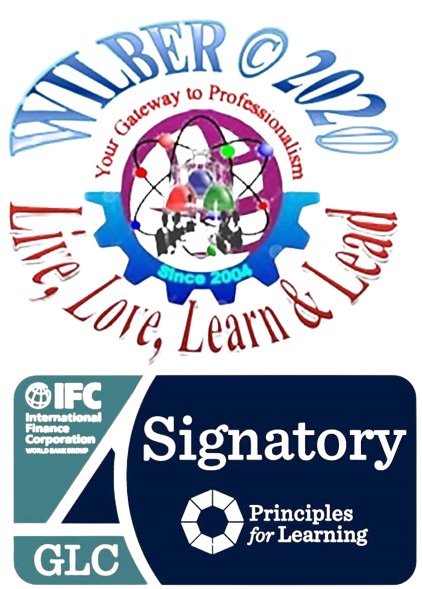Juvenile Delinquency Control Operations

The chief executive of every police agency immediately should develop a written policy governing his agency’s involvement in the detection, deterrence, and prevention of delinquent behavior and juvenile crime.

[1] Every police agency should provide all its police officers with specific training in preventing delinquent behavior and juvenile crime.
[2] Every police agency should cooperate actively with other agencies and organizations, public and private, in order to employ all available resources to detect and deter delinquent behavior and combat juvenile crime.
[3] Every police agency should establish, in cooperation with courts, written policies and procedures governing agency action in juvenile matters. These policies and procedures should stipulate at least:
- The specific form of agency cooperation with other government agencies concerned with delinquent behavior, abandonment, neglect, and juvenile crime (police and DSWD, police and DepEd);
- The specific form of agency cooperation with nongovernmental agencies and organizations where assistance in juvenile matters may be obtained (Police and the Bahay Pag-Asa & other House of Refuge);
- The procedures for the release of juveniles into parental custody; and
- The procedures for the detention of juveniles.

[4] Every police agency having more than 15 employees should establish juvenile investigation capabilities.
- The specific duties and responsibilities of these positions should be based upon the particular juvenile problems within the community.
- The juvenile specialists, besides concentrating on law enforcement as related to juveniles should provide support and coordination of all community efforts for the benefit of juveniles.
[5] Every police agency having more than 75 employees should establish a juvenile investigation unit, and every smaller police agency should establish a juvenile investigation unit if community conditions warrant. This unit:
- Should be assigned responsibility for conducting as many juvenile investigations as practicable, assisting field officers in juvenile matters, and maintaining liaison with other agencies and organizations –interested in juvenile matters; an
- Should be functionally decentralized to the most effective commanding level.
NOTE: Number 4 and number 5 are no longer problems of the PNP because every police station now created its own Women’s and Children’s Protection Desk (WCPD).

METHOD OF IMPLEMENTATION
Implementation of these guidelines must be done by individual police departments. Peace Officer Standards and Training should continue providing basic and in-service training specifically related to juveniles delinquency and control.
Next: The Traffic Operation. Click “Continue” to proceed or “previous” to review the previous module.

